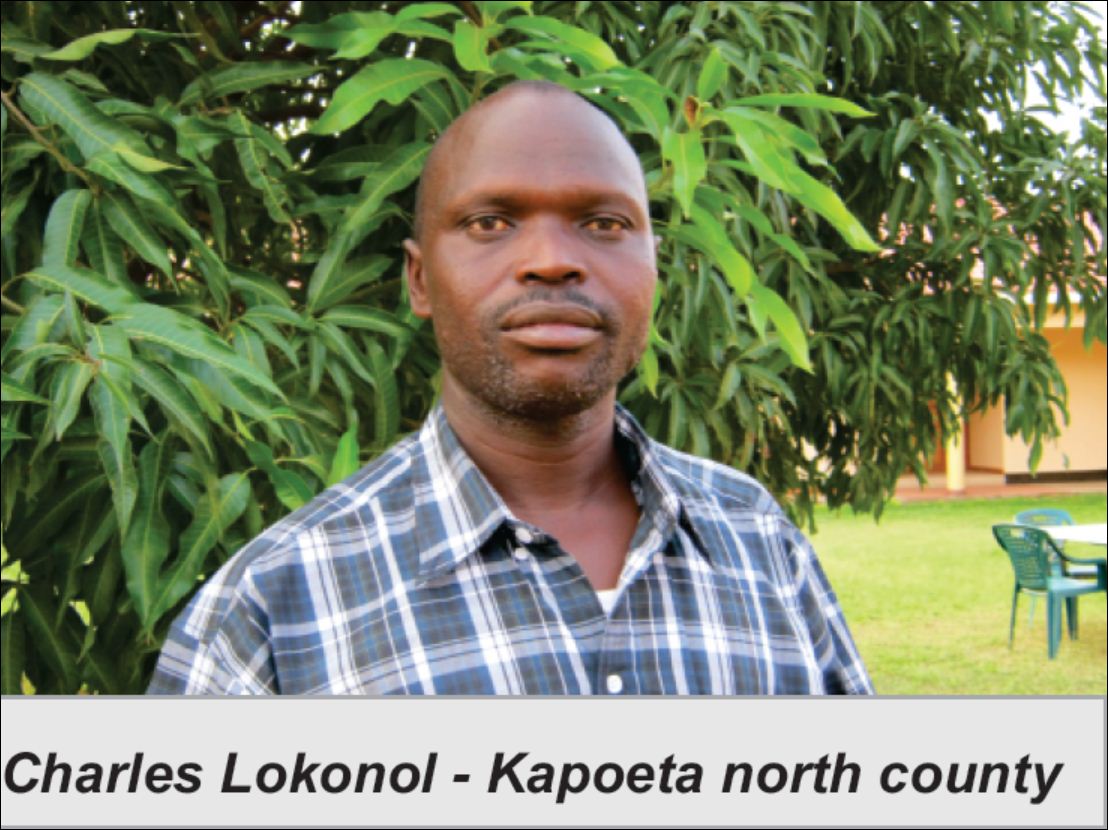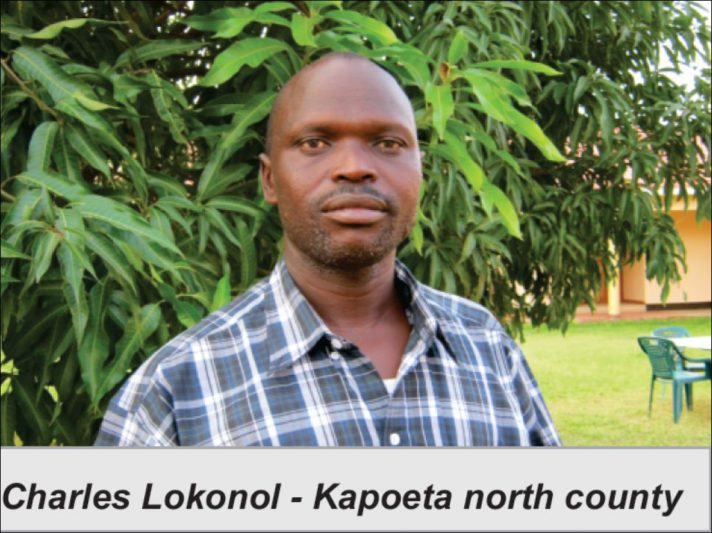
The honeymoon is over for South Sudan, Africa’s newest republic. After hosting a colourful and emotional independence party that officially separated it from the North on 9 July 2011, the hard work begins amid high expectations from its citizens. After dancing and singing patriotic songs for a whole week to welcome in the new country, Southern Sudanese people, including politicians and government officials, are pondering what the future holds for the nation.
The biggest question on the lips of many people is whether the leaders of the new republic will follow in the footsteps of many African leaders who have driven their countries into chaos or whether they will make South Sudan a role model in the continent?

Other questions include: will the new found independence heal the scars of the civil war that left millions dead and rich resources destroyed? Will South Sudan rise from the ashes to be on a par with African countries such as Botswana, which was once ranked as the 25th poorest nation in the world, with only 50 university graduates at the time of independence but, which later became one of the richest countries in Africa?
Many villagers on the outskirts of Torit town, the state capital of Eastern Equatoria, told The People’s Voice that for the new nation to succeed and improve the lives of its people, the government has to identify development priorities such as education, health, a disciplined army and police force, and to fight poverty.
One of the villagers, Peter Majeilikwa said South Sudan must fight tribalism, corruption and nepotism if it was to succeed. “The new government should encourage reconciliation amongst its citizens and try to address the needs of communities across the country to help curb tension and poverty,” he pointed out.
The UN estimates that about four million South Sudanese (half of the population) were in need of food assistance this year, despite the abundant and fertile land the country is gifted with, in addition to a richness in natural resources. Majeilikwa asserts that growth in the agricultural sector is essential for improving incomes and ensuring poverty reduction in a country where the poverty rate currently runs at 46 per cent.
Today, South Sudan starts off with more university graduates than countries like Botswana did. This gives the country an advantage and opportunity, particularly from the point of view of putting its house in order when it comes to operational and administrative systems. While there is no silver bullet for building a newly-independent nation, Juba needs to give priority to key areas.
A retired veteran soldier of the Anyanya One civil war, Charles Lokonol, said the new country’s leaders and the political elite must involve the ordinary citizens in discussing its development strategy. “We have to develop a bottom-up approach. Development strategists must be inclusive and consultative. We must also carefully analyze our opportunities and weaknesses. We must define the role of the government, private sector, civil society and ordinary citizens,” said Lokonol. He added: “leaders can and should provide a clear and shared sense of joint investment if South Sudan is to set a solid foundation for a prosperous future.”
Abaya Claudio, a local trader in Torit town who runs a shop, stated that the government must foster private sector growth and the emergence of small business, which he said was the only way to create more jobs and wealth. The 52 year old father of three has lived here throughout his life and has seen the whole transformation of South Sudan. This he said included the hard times during the war and the peace accord period. “The economic strategy should be broad-based, prioritizing the needs of the population,” he said.
A human rights activist, Ms Madalena Hekisa, who was involved in the liberation struggle and peace negotiations for many years, wants the new Juba government to prioritize security. She wants the government to undertake radical reform of the police force ensuring personnel are disciplined and well trained. “We cannot continue with the type of policemen we have had since the signing of the Comprehensive Peace Agreement in 2005,” she added. Hekisa also believes that university graduates should be given first opportunity in civil service employment because the government needed skilled manpower.
A general feeling amongst villagers in Eastern Equatoria is that the new republic urgently needs a diversification strategy that moves it away from solely relying on oil, towards one which seeks alternative sources of revenue, such as from agriculture. They say that with the country endowed with various valuable resources, the government should encourage and support the private sector to enable its development within the shortest period possible. Although Juba earns 98 per cent of its revenue from oil, it must start developing its agricultural sector not only for food security but for export as well. Many residents interviewed also want the stand of over the oil rich Abyei region resolved quickly so that its resources can be exploited. The South and North Sudan are involved in a controversy over the ownership of Abyei, with both countries claiming its ownership.
Villagers, many of them cattle keepers, expressed the view that the new government needs to put its house in order, shun corruption, and prioritize provision of basic infrastructural needs such as clean water, health care, education and roads. This, they say, can be equated to an old adage, “a house built on a strong foundation shall survive the tests of time”.
